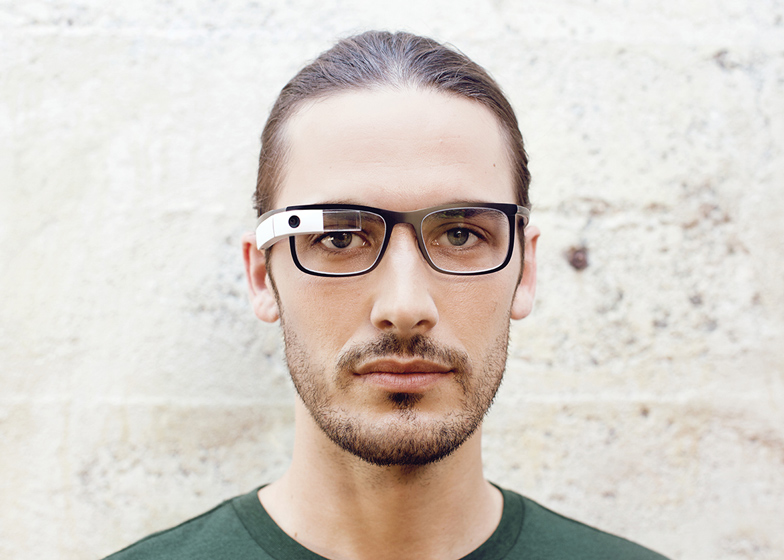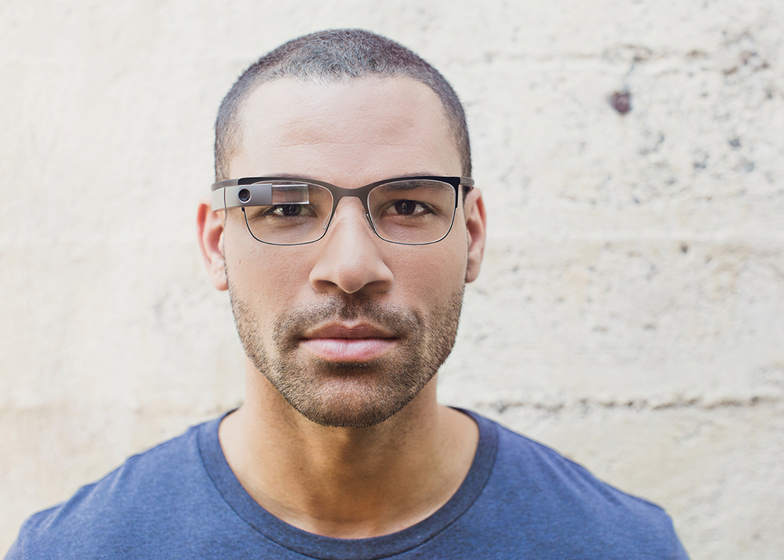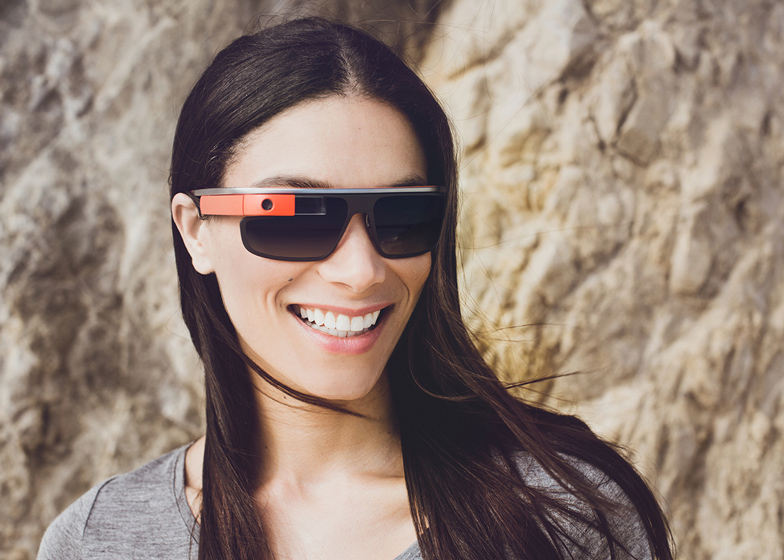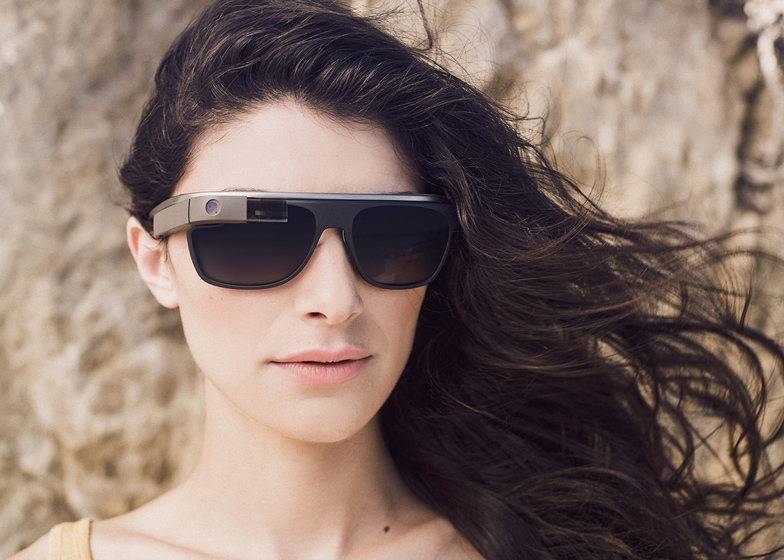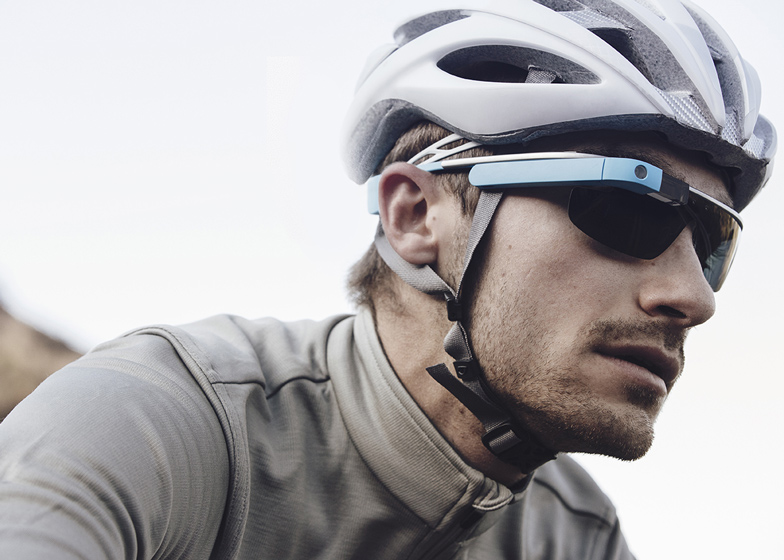News: spectacle-wearing tech fans will soon be able to use Google Glass for the first time after the tech giant today unveiled four designs for frames to hold prescription lenses (+ slideshow).
The tech giant has also unveiled two designs for shades and five new colours for the original Glass product, giving a total of 40 different combinations for the high-tech device.
"It's our first collection of new frames," said Isabelle Olsson, lead Glass designer at Google’s secret Google X research lab."We're finally at the beginning point of letting people wear what they want to wear [when using Glass]."
The move sees Google positioning Glass as a customisable lifestyle accessory for the first time, as well as making it available to people who already need to wear glasses.
"This is the next step in the evolution of our design and truly gives wearers the opportunity to make Glass one’s own," said the company. "This announcement also allows us to serve a new demographic (people with glasses) and starts a new area of the eyewear industry, 'smart eyewear'."
Olsson's team developed four different spectacle frames based upon popular contemporary designs, which they refer to as curved (pictured top), thin, split and bold. The small display sits above the user's right eye as in the regular Google Glass. They also developed two sunglasses styles, called classic and edge.
The frames, which will cost $225, are sold separately from Glass, which costs £1,500. This means they can be worn with or without the clip-on high-tech element.
"The frames are accessories," Olsson told Dezeen. "You detach the really expensive and complex technology from the style part. You can decide to have a couple of different frames so you don't need to get another Glass device."
Google was prompted to launch the spectacles following feedback from its 10,000 "explorers", the initial cohort of bloggers, coders and others who were chosen by Google to try the product. Some of these people called for a version of Glass that would work for those who require prescription lenses and who could not wear the product over their existing eyewear.
Manufactured in Japan and made of titanium, the spectacle frames will be available in a range of styles and three colours. Lenses will be supplied by the user's own optician. Google has also partnered with VSP, the insurance firm that oversees 80 percent of the US for eyecare and vision insurance.
"There actually aren't that many styles [of spectacle frames] out there – perhaps about eight," Olsson said. "We looked at the most popular styles and then condensed them into these really iconic simplified versions of them."
Olsson joined Google X in 2011 and has led development of Glass from early prototypes, when the product was "still a phone attached to a scuba mask". She previously worked at industrial design company Fuseproject.
Glass users can send texts, read email, take photos and gain directions from the small screen that sits in front of the right eye. These functions are activated by the user tapping the glasses legs or saying out loud "OK Glass". They can then toggle through functions using the voice-activated operating system.
Google Glass is not yet available on widespread consumer release. After the rollout of the explorer program in the USA this year, the firm plans a consumer launch in the USA toward the end of 2014. There is no planned release date yet for the UK.
All images are courtesy of Google Glass.

